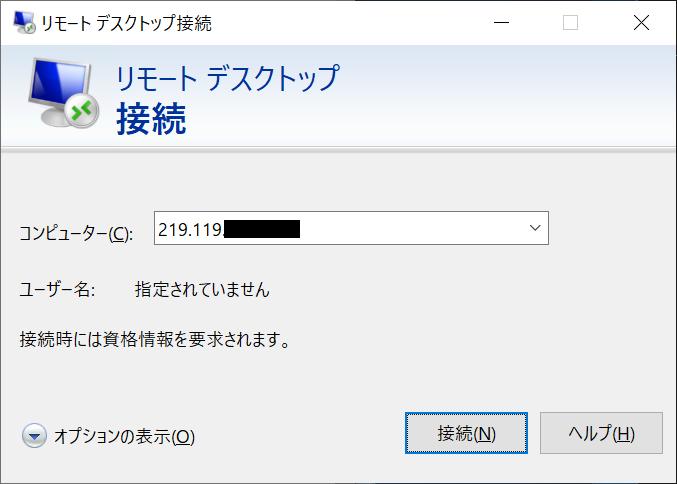The BBC (British Broadcasting Corporation) was established in 1922, 28 years before NHK (Japan Broadcasting Corporation) began broadcasting in 1950, and is currently a hot topic in the UK. I'm here.
By the Boris Johnson administration, there is a proposal to review the existing reception fee system and introduce a system that charges according to viewing conditions. There seem to be various opinions on this, but it is reported that the British government plans to shift to a billing system from 2028.

In Japan as well, there have been various opinions regarding NHK's receiving fees, such as calls for scrambling. The current reception fee is 13,650 yen per year for a terrestrial contract, but if satellite broadcasting is included, it jumps to 24,185 yen.
On the other hand, in the UK, not only TVs, but also tablets and other devices that can receive TV signals, each household has to pay £159 (approximately 25,000 yen) per year. The system is so severe that violators can be fined, and even if you hide the fact that you are watching TV, cars equipped with antennas that detect TV reception are running everywhere in the city and are receiving it. is found.
When I was living in the UK, I was often told, "You should pay the fine because you'll really be found and pay the fine." By the way, fines can go up to £1,000. Of course, you have to pay the unpaid reception fee separately.
It seems that the BBC's recent move toward receiving fees has become a topic of discussion, as it may affect public broadcasting around the world, including NHK. There is always one TV set in each dressing room of concert halls in Japan. However, in most cases, you don't have to pay the NHK reception fee for the TV in the dressing room. I'll explain why later.
The TV in the dressing room, which is indispensable for the conductor
This is going a little off topic, but in an orchestra, the conductor is called the "maestro". The origin of the word is Italian, and in English it means "master", but it means "a person who is proficient". In Italy, not only conductors, but also famous composers and performers are called "maestro", but in other countries including Japan, it is used to refer to conductors, and even in the English-speaking world, conductors are called "maestro". I don't call him "master", but "maestro".

![EVsmart blog Toyota's electric car "bZ4X" that makes you feel comfortable with electric cars and quick chargers / No% display of battery level [Editorial department] Popular articles Recent posts Category](https://website-google-hk.oss-cn-hongkong.aliyuncs.com/drawing/article_results_9/2022/3/9/752542064665dc2bd7addbc87a655694_0.jpeg)
![Lenovo's 8.8 inch one-handed tab "Legion Y700" full specs released! [Is the price in the 40,000 yen range?]](https://website-google-hk.oss-cn-hongkong.aliyuncs.com/drawing/article_results_9/2022/3/9/207e1be231154e91f34c85b4b1d2126c_0.jpeg)

